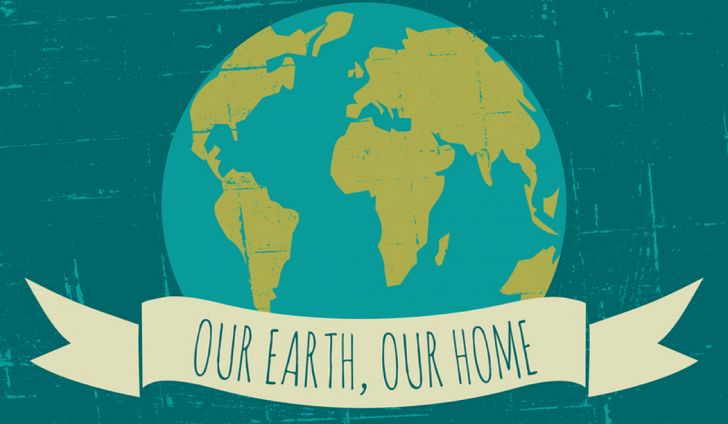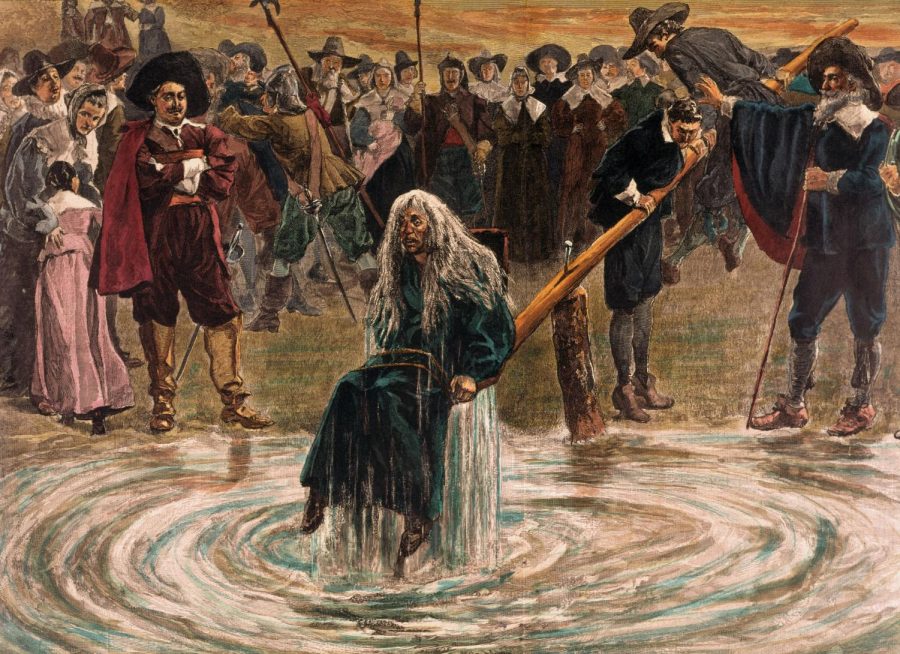Haven’t heard from the National Geographic in a while? They still exist, even on the internet! Here are some great news articles from their website.
1. There’s a Big Illegal Market for Small Critters in South Africa
The Cape Floral Kingdom, located in Africa’s Western Cape Province, is a big hotspot for poaching– and not just animals. Earlier in the year, a Spanish couple was arrested north of Cape Town for possessing succulents without proper permits. Upon further investigation, authorities discovered 14 more boxes of plants at the cottage where the couple was renting. The boxes contained 2,248 plants, totaling about $100,000 worth of cacti.
2. Mars’ Moon Phobos is Slowly Crumbling
According to a new analysis, Mars’ moon “Phobos” is slowly falling apart. New photos show large grooves and bumps on the surface of the moon. NASA scientists say that this indicates that Phobos is steadily being pulled apart by tidal forces.
3. Largest Object in Asteroid Belt May Have Come From Elsewhere
Recent studies have shown that Ceres, the largest object in the asteroid belt of Neptune, may have been formed outside of the belt. This is due to a recent discovery of ammoniated clays on the surface of the tiny planet. This suggests that Ceres might’ve formed somewhere outside of Neptune’s orbit, and was tossed about by gravity until it reached Neptune. None of the other objects in the asteroid belt contain ammonia, as the area surrounding Neptune is quite warm, and would not be able to form ammonia on its own. Without definitive proof, however, scientists are continuing to debate where this dwarf planet came from.
4. SeaWorld Potentially Announces End of Captive Orcas
Fewer people are attending Sea World as they recognize the inhumane nature of the whale’s captivity.This is probably due to a bunch of angry animal advocates as well as Blackfish, a movie about the dangers of keeping whales in captivity. Because of the lack of attendance at the park, as well as the rising scrutiny of the matter, SeaWorld has announced that they will be making changes to their programs. Specifically, they’ve stated that the Shamu act will be no more. While they haven’t gone into details, there is a possibility that SeaWorld will no longer be keeping whales in captivity
5. Pioneer in Satellite Archaeology Wins Million-Dollar Prize
Sarah Parcak, a woman who uses infrared satellite imagery, has discovered more than 70 excavation sites– and in about three weeks. She credits the satellite technology that she uses, taking pictures of the Earth from 700 miles above ground. These images allow scientists to discover excavation sites much faster than before. Parcak was awarded the 2016 TED Prize of $1 million to fund further research with this technology. This prize is only given to those who TED believes are creating world-changing projects. Parcak will announce in the 2016 TED Conference just what she’s going to do with the money.








